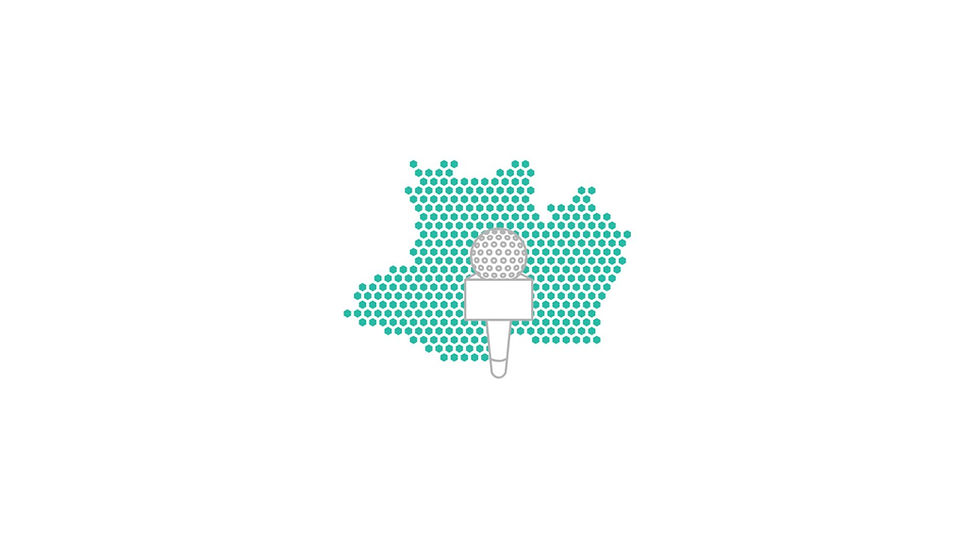The Business of Disinformation: the monetization of a parallel media ecosystem
- erickdau
- May 4, 2024
- 1 min read

The report The Business of Disinformation: The Monetization of a Parallel Media Ecosystem deals with the ways in which platforms become an environment for the circulation of disinformation in different ways.
Interested parties exploit the virtual environment by attacking the traditional press, creating a parallel media ecosystem or appropriating brands and content established in the information market to generate funds.
The study identifies the main strategies and narratives used by these agents, which undermine the credibility of the traditional press, and generate enormous audiences for junk news pages.
Furthermore, the study identifies the business model that generates funds for the platforms and agents of disinformation, pointing out how the lack of transparency in online advertising benefits this market. Low-quality websites use Artificial Intelligence technologies to present news from newspapers and traditional pages as their own. Content piracy activity creates risks for traditional journalism and money for these pages through advertising, which is often fraudulent and affects consumers.
This report was presented at the World Freedom of Thought Day Conference, organized by UNESCO, on May 3 and 4, 2024, in Santiago, Chile.
See the presentation
Lea el informe


